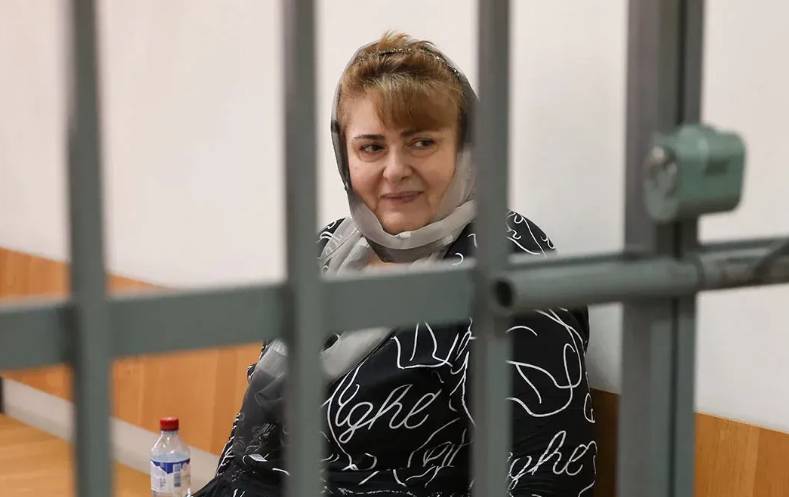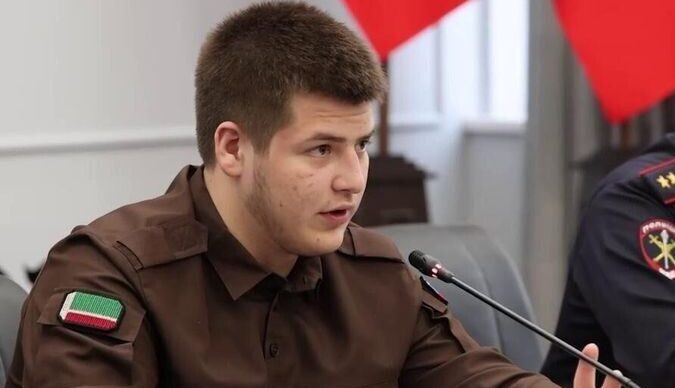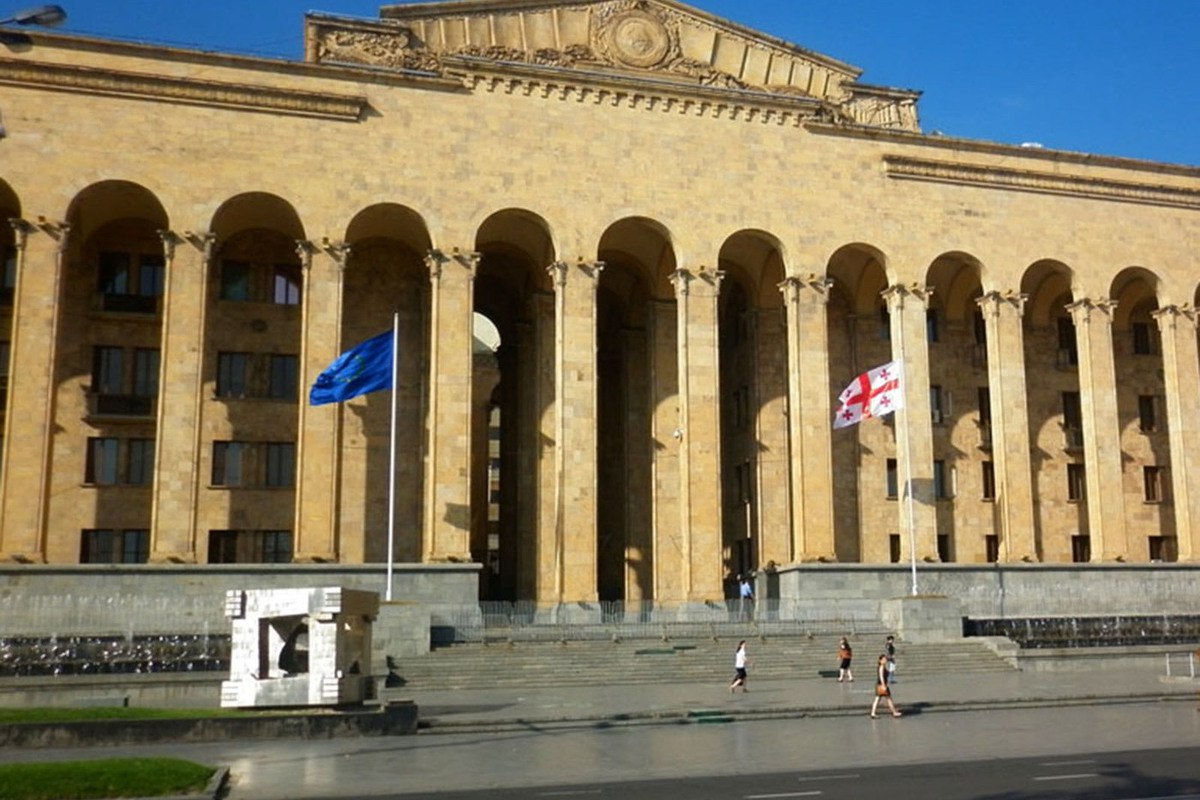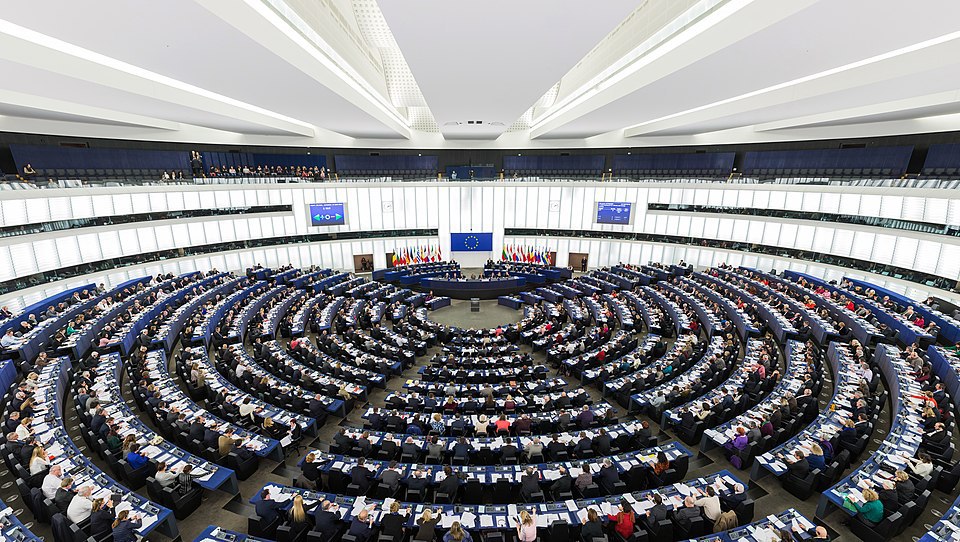During the annual "Year in Review" press conference, Russian President Vladimir Putin, responding to a question about support for young families, noted the tradition of early marriages in the North Caucasus. He said he believed this was "right" and suggested "following their example," citing Ramzan Kadyrov's large family.

The Shali City Court of Chechnya repeatedly denied Zarema Musaeva parole. Among the reasons for the refusal are unreimbursed damages and Musaeva’s placement on preventive registration in the colony.
“My trustee was registered as prone to attacking law enforcement officers, not because she violated internal regulations, but because she was charged under Article 318 of the Criminal Code (use of violence against a government official). We will appeal the court’s decision to the Supreme Court of the Chechen Republic,” shared Team Against Torture lawyer Alexander Savin.
On June 10, the Shali court rejected the defense’s request to release Zarema Musayeva for health reasons. The woman has insulin-dependent type 2 diabetes. In recent months, her dose of the drug has been sharply increased.
Previously, the European Court awarded Zarema Musaeva and her family compensation for inhumane treatment and threats from the Chechen authorities. In early March, the Pyatigorsk Court of Cassation commuted the woman’s sentence from 5 years to 4 years and 9 months in prison. Last year in Grozny she was convicted on charges of using violence against a government official.
Let us remind you that on January 20, 2022, police officers from Chechnya came to Nizhny Novgorod and took Musaeva away. After being taken to Grozny, the woman was accused of using force against a police officer. She allegedly scratched his face.
Zarema Musayeva is the mother of Chechen activists Abubakar, Ibragim and Baysangur Yangulbaev. Human rights activists claim that she was kidnapped as a hostage and convicted of her sons’ opposition activities.



